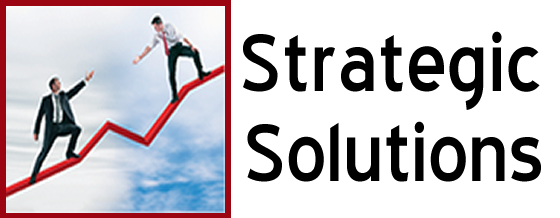Maybe Isn’t an Answer
“My favourite poem is the one that starts ‘Thirty days hath September’ because it actually tells you something”
-Groucho Marx
Irreverent as he was, Groucho had an amazing knack for hitting the nail if not on the head, then certainly on our funny bones. The quote above though, is one I particularly like because it speaks to a trap many of us in business fall into. Using ‘maybe’ to avoid a direct response.
When we use it, we inadvertently send the wrong message to employees and customers that consequently undermines both morale, and our bottom line.
You don’t mean it. You might actually think maybe is a good word. After all, it’s better than saying no. It also bides you time to make up your mind.
Maybe doesn’t tell anyone anything.
Maybe leaves us hanging. It doesn’t say yes or no. To others who need your response, it may simply send a message that you can’t make up your mind, or that their question just isn’t important enough to warrant your consideration. It also stops them from doing what they need or want to do. They’re in a holding pattern. No one can act based on a maybe. It’s frustrating and no one likes to be in that position.
- Your employee who comes to you with a question or idea will still be waiting for you before he can proceed with his assignment.
- Your sales rep, whose big deal is waiting on your approval is afraid the sale will be lost if he leaves his prospect hanging.
- Your vendor who’s holding up an order waiting for your ok has to plan for both yes and no contingencies avoid taking a hit.
- Your customer who hears maybe knows he/she better look elsewhere for the product.
Although you may use it with the best intentions, maybe has the power to erode your credibility and trust.
What do you really mean?
Many of us use the word simply because we don’t want to hurt another person’s feelings. Just say no. It’s a perfectly legitimate response and will be appreciated a lot more than a maybe – provided you explain your reasons.
When you simply and honestly need more time to think about something, or research an appropriate response, be sure to be specific in your responses.
While your inner voice may say ‘maybe’ , use phrases like these instead in your interactions:
- (Maybe) That’s a good idea. Let me think about that and I’ll get back to you (by the end of the day) (by Wednesday) (at such and such a time). The key is to be specific. Don’t keep them waiting and Do get back to them when you promised. It also tells people you care enough to actually think about it, which allows for hope.
- (Maybe) I need to do some research on that and I’ll let you know by ______________.
- (Maybe) Yes, but let me get hold of my supplier and let you know how quickly we can get it for you.
Continuing to use ‘maybe’ instead of providing a direct response, is as non-committal and wishy-washy as telling someone you’ll ‘try’ and then doing nothing.
I encourage all of you to think of more ways to eliminate ‘maybe’ from your vocabulary and substitute other phrases that turn non-responses into trustful commitments. Feel free to share yours in your comments.
